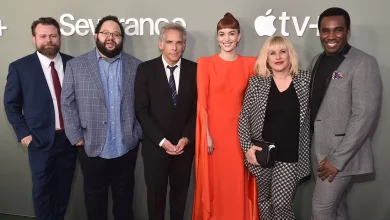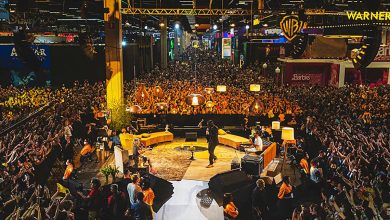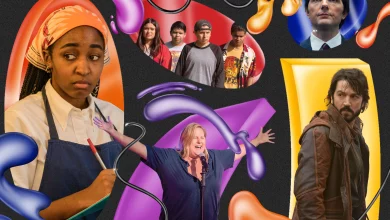Television festivals are a staple in the entertainment industry, providing a platform for networks and studios to showcase their upcoming programming and for fans to get an inside look at their favorite shows. Two of the biggest television festivals are Comic-Con and the TCA Press Tour.
Comic-Con, held annually in San Diego, is a four-day event that celebrates all things pop culture, including television. It is a mecca for fans of genre television, with networks and studios bringing their biggest and brightest to promote their shows. Comic-Con panels provide an opportunity for fans to ask questions of the cast and creative teams behind their favorite shows and for the shows to give sneak peeks and exclusive content. In recent years, Comic-Con has also become a platform for announcing major casting news and even premiering entire episodes.
The TCA Press Tour, also known as the Television Critics Association Press Tour, is a twice-annual event that takes place in the summer and winter. It is a chance for networks and studios to present their upcoming programming to a room full of journalists and critics. The panels at the TCA Press Tour are more focused on the business side of television, with executives and creators discussing the themes and goals of their shows. It is also a chance for critics to ask questions and get a sense of the direction of the networks and studios.
Both Comic-Con and the TCA Press Tour play a crucial role in the promotion of television shows. Comic-Con is a key event for genre shows and can generate a lot of buzz and excitement for a series. The TCA Press Tour is a chance for networks and studios to get their programming in front of a critical audience and generate positive press.
In recent years, the coverage of these events has exploded, with news outlets, blogs, and social media providing extensive coverage and analysis. Live-tweeting of panels has become the norm, allowing fans to follow along even if they are unable to attend in person. Podcasts and YouTube channels dedicated to covering these events have also popped up, providing even more in-depth analysis and discussion.
The coverage of these events has also sparked controversy and criticism. Some argue that the focus on the entertainment aspect of these events takes away from the more important business and creative discussions. Others have pointed out the lack of diversity in both the panels and the coverage, with many panels and events featuring primarily white men.
Despite these criticisms, television festivals remain an important part of the industry, providing a platform for promotion and discussion. As the television landscape continues to evolve, it will be interesting to see how these events adapt and change in response.




